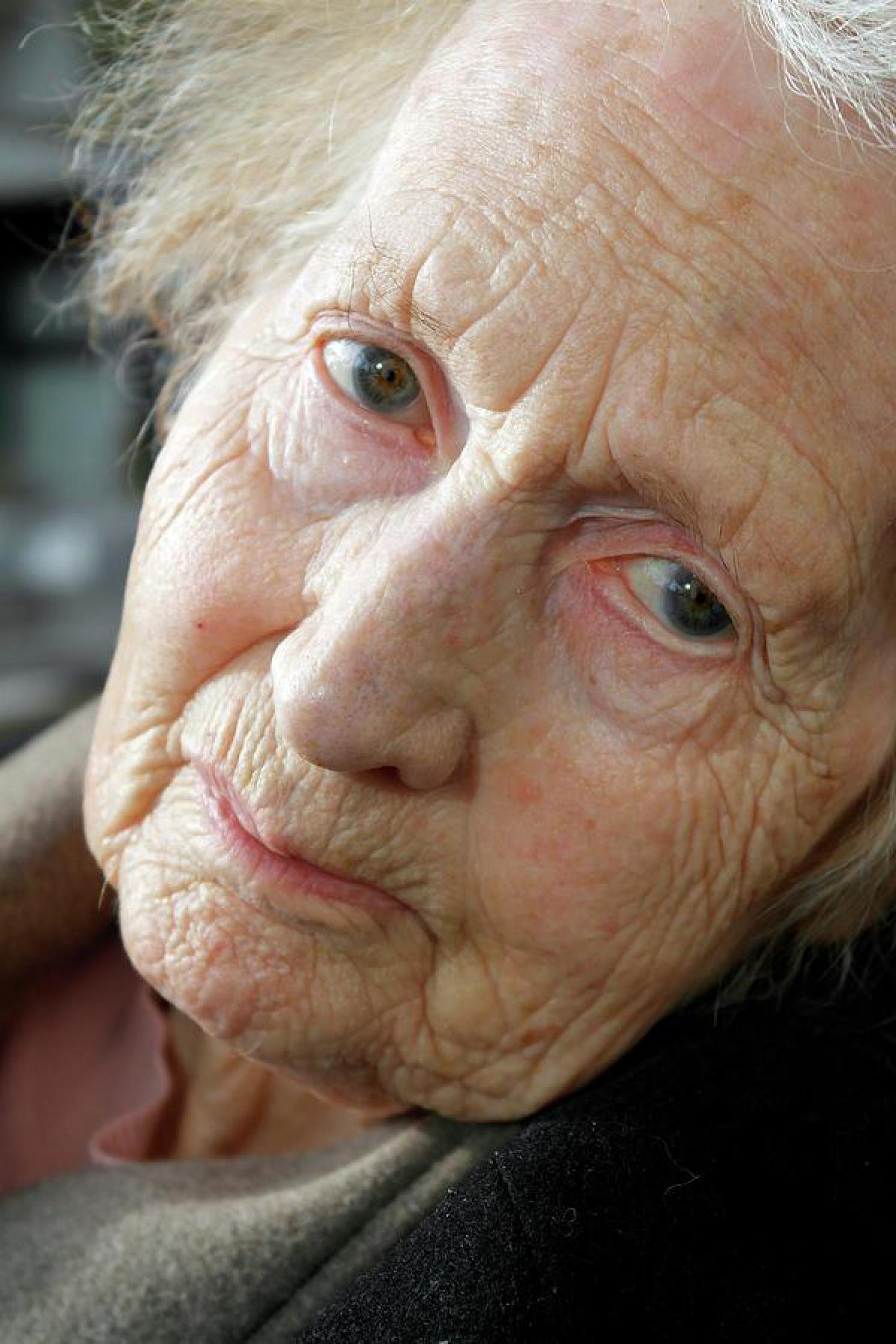For Alzheimer's Patients

Writer: Coredinat Team
Publish: 08 January 2024, Monday
Various technologies that can help make life easier for Alzheimer's patients.
https://coredinat.co.uk/for-alzheimers-patients.html

https://coredinat.co.uk/for-alzheimers-patients.html
Writer: Coredinat Team
Publish: 08 January 2024, Monday
Various technologies that can help make life easier for Alzheimer's patients.
For Alzheimer
Alzheimer's disease is a disease that prevents adequate use of brain functions, affecting cognitive function, memory and behavior. Managing daily life can be difficult for both the person living with Alzheimer's and their caregivers. Fortunately, there are a variety of technologies available that can help make life easier for Alzheimer's patients. Here are some examples:
GPS Tracking Devices: The COREDINAT tracking device is used to locate Alzheimer's patients who have wandered away from their homes or caregivers. These devices can be worn as bracelets, necklaces, circuits, or RFID (a small magnetic strip) and allow caregivers to track their loved one's location in real time. However, the most practical thing in terms of user experience is to use a GPS device that is large enough that the patient will not notice it. Because Alzheimer's patients are obsessed with taking off and throwing away things such as bracelets or wristwatches attached to their bodies. While RFID cards have a warning feature when leaving the area, they restrict the patient's mobility because their location reporting feature is limited. Here, the COREDINAT Alzheimer's monitoring circuit, which has reflected patient experience and field experience in its product, is designed to fit the patient's belt area and back space and offers the most effective solution.
Medication Reminder Apps: Alzheimer's patients often need to take medications at specific times to manage their symptoms. With its medication reminder feature, COREDINAT Alzheimer's helps caregivers and patients manage their medication schedules, ensuring doses are taken on time.
Smart Home Technology: Smart home technology can help Alzheimer's patients live more independently by automating tasks like turning lights on and off, controlling thermostats, and locking doors. This technology can be voice-activated or controlled via a smartphone app.
Communication Apps: Communication apps like Skype or FaceTime can help Alzheimer's patients keep in touch with family and friends, even if they can't visit in person. These apps can also be used to organize virtual doctor appointments or connect with support groups.
Dementia-Friendly Tablets: Dementia-friendly tablets are designed with simplified interfaces, large buttons and easy-to-use apps. These tablets can help Alzheimer's patients stay connected with loved ones, enjoy music and videos, and play games that can help stimulate cognitive function.
Assistive Technologies: Assistive technologies, such as hearing aids, visual aids, and mobility aids, can help Alzheimer's patients maintain their independence and quality of life.
Overall, these technologies can help Alzheimer's patients live more comfortably, safely and independently while also providing additional support and peace of mind to caregivers.
For Alzheimer
Alzheimer's disease is a disease that prevents adequate use of brain functions, affecting cognitive function, memory and behavior. Managing daily life can be difficult for both the person living with Alzheimer's and their caregivers. Fortunately, there are a variety of technologies available that can help make life easier for Alzheimer's patients. Here are some examples:
GPS Tracking Devices: The COREDINAT tracking device is used to locate Alzheimer's patients who have wandered away from their homes or caregivers. These devices can be worn as bracelets, necklaces, circuits, or RFID (a small magnetic strip) and allow caregivers to track their loved one's location in real time. However, the most practical thing in terms of user experience is to use a GPS device that is large enough that the patient will not notice it. Because Alzheimer's patients are obsessed with taking off and throwing away things such as bracelets or wristwatches attached to their bodies. While RFID cards have a warning feature when leaving the area, they restrict the patient's mobility because their location reporting feature is limited. Here, the COREDINAT Alzheimer's monitoring circuit, which has reflected patient experience and field experience in its product, is designed to fit the patient's belt area and back space and offers the most effective solution.
Medication Reminder Apps: Alzheimer's patients often need to take medications at specific times to manage their symptoms. With its medication reminder feature, COREDINAT Alzheimer's helps caregivers and patients manage their medication schedules, ensuring doses are taken on time.
Smart Home Technology: Smart home technology can help Alzheimer's patients live more independently by automating tasks like turning lights on and off, controlling thermostats, and locking doors. This technology can be voice-activated or controlled via a smartphone app.
Communication Apps: Communication apps like Skype or FaceTime can help Alzheimer's patients keep in touch with family and friends, even if they can't visit in person. These apps can also be used to organize virtual doctor appointments or connect with support groups.
Dementia-Friendly Tablets: Dementia-friendly tablets are designed with simplified interfaces, large buttons and easy-to-use apps. These tablets can help Alzheimer's patients stay connected with loved ones, enjoy music and videos, and play games that can help stimulate cognitive function.
Assistive Technologies: Assistive technologies, such as hearing aids, visual aids, and mobility aids, can help Alzheimer's patients maintain their independence and quality of life.
Overall, these technologies can help Alzheimer's patients live more comfortably, safely and independently while also providing additional support and peace of mind to caregivers.
Browse other content

OCA 01
Coredinat Sales and field data relationship

OCA 02
Problems in user experiences of both salespeople and managers

Browse other content

OCA 01
Coredinat Sales and field data relationship

OCA 02
Problems in user experiences of both salespeople and managers

